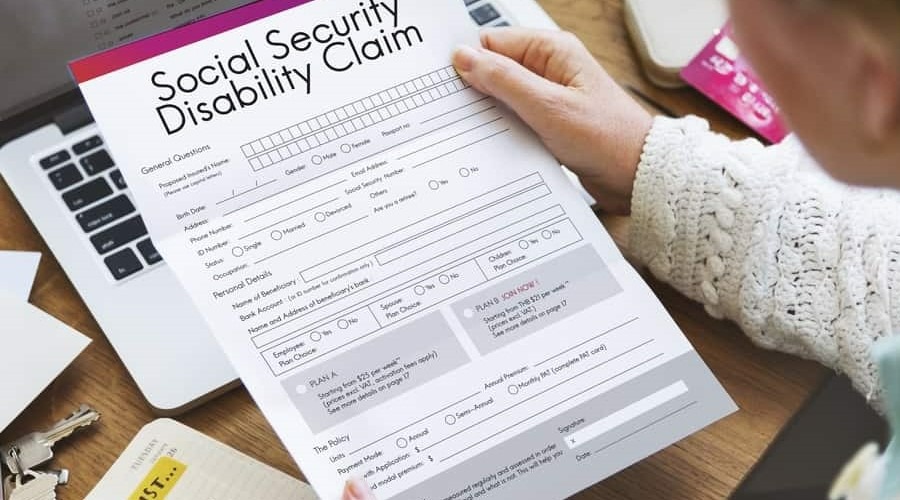If you have a disabling medical condition that prevents you from working and receiving Social Security disability benefits it, you may have heard something about losing them at retirement age. At Liner Legal Disability Lawyers, we understand how essential disability benefits can be and always want you to be informed about anything that may affect them.
If you get benefits through the Supplemental Security Income program, rest assured that your benefits continue for as long as you remain disabled and otherwise eligible for them. For those of you receiving benefits through the Social Security Disability Insurance program, a conversion of the monthly payments at retirement age from SSDI to retirement benefits takes place, but you need not worry or be concerned about losing benefits. Continue reading about your benefits and then call an SSD lawyer at Liner Legal for more information.
Why do SSDI and SSI benefits get treated differently at retirement age?
Funding for the SSDI and SSI programs comes from different sources. SSI does not depend upon payroll taxes for funding as does the SSDI program, which is why you do not need a work history of a specific duration to qualify for SSI as you must have to receive SSDI benefits.
When you apply for SSDI because of a disability to keep you from working, you must prove that you worked for a sufficient duration at jobs or earned income through self-employment and paid Social Security taxes. In other words, you must pay into the Social Security retirement system to earn the ability to be eligible for SSDI benefits in case you become disabled at some time during your life before you reach the age to qualify for retirement benefits.
Someone who worked “off-the-books” and did not pay taxes on the money they earned may have worked, but they cannot claim SSDI benefits or retirement benefits because they did not pay into the system. It is this connection between SSDI and retirement benefits that is responsible for a process that concerns people because they believe their SSDI benefits end at retirement age without anything taking their place. Don’t worry because we explain the conversion process and how it does not harm you.
What is the full retirement age for Social Security?
Contrary to what you may have heard or read, the retirement age for Social Security retirement is not 62. You may be eligible to apply for early retirement through Social Security at 62 years of age, but the age for full retirement is 67 for anyone born in 1960 and later. If you were born before 1960, you have an earlier retirement age that you can check by contacting an SSDI lawyer or at the Social Security website.
What happens to SSD benefits at retirement age?
When you receive disability benefits through the SSDI program, they continue for as long as you continue to be disabled and meet the qualifying criteria set by federal regulations until you reach the age of full retirement. At that point, the monthly SSDI benefits automatically convert to retirement benefits.
There is nothing that you need to do in the way of notifying Social Security as you approach retirement age. It happens automatically and generally does not result in any change in the monthly amount that you receive. However, you may actually receive more money through retirement benefits if you were also receiving workers’ compensation payments that offset your SSDI payments.
When you receive workers’ compensation and some other types of public benefit payments in addition to SSDI, they may reduce what you get from SSDI. This offset ends when the payments from SSDI become retirement benefits because the offset no longer applies, so you receive your full retirement payment in addition to the other public benefit payments.
As previously mentioned, SSI payments do not convert to retirement payments when beneficiaries reach retirement age. You may see a change in your SSI payment if you qualify for and start to receive Social Security retirement payments. Retirement benefits must be reported to SSI as a source of income that may reduce your monthly SSI benefit. Discuss this further with an SSI lawyer if it applies to your situation.
A word about early retirement
Speak with an SSDI lawyer if you plan to take Social Security retirement benefits at age 62 and also apply for SSD benefits. You may be entitled to take advantage of a disability freeze that allows Social Security to ignore low-earning years of your work history when determining the amount that you should be paid in benefits.
A disability freeze may be an option provided it can be proven that the onset date of the disability was prior to when you applied for early retirement. Talk to an SSDI lawyer to learn more about the disability freeze.
Take advantage of our experience
Answers to all of your questions about your SSDI and SSI benefits along with skilled and trusted assistance with applications and benefits is available from an SSD lawyer at Liner Legal Disability Lawyers. Call today for a free consultation.







